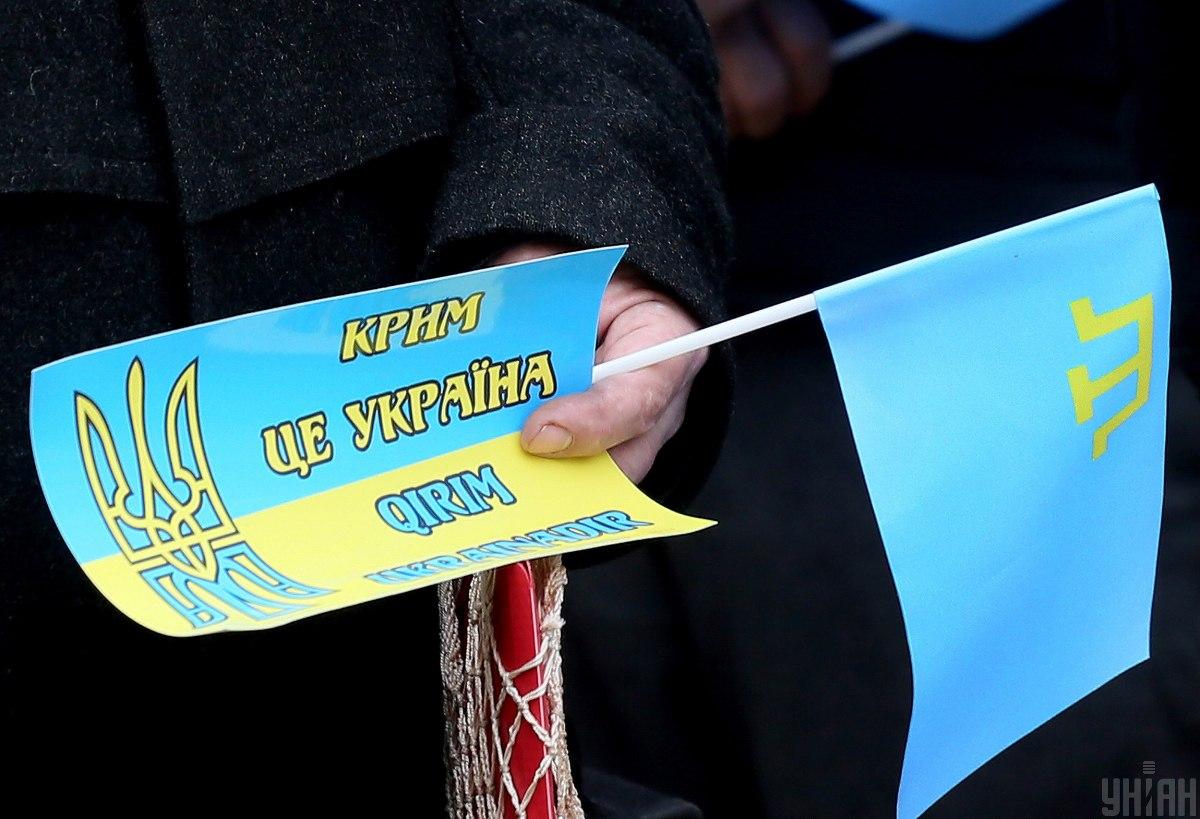
The Office of the United Nations High Commissioner for Human Rights (OHCHR) has documented 43 cases of enforced disappearances in Russia-occupied Crimea since the beginning of the occupation of the Autonomous Republic of Crimea and the city of Sevastopol in 2014.
"These mostly took the form of abductions and kidnappings and the victims consist of 39 men and four women," the OHCHR said in a briefing paper on March 31, 2021.
The first documented enforced disappearance took place on March 3, 2014 and the most recent one was recorded on May 23, 2018.
Read alsoCanada imposes new sanctions on individuals, entities involved in occupation of CrimeaOut of the 43 victims of enforced disappearances, 11 persons (all men) remain missing and one man remains in detention.
"Alleged perpetrators comprised militia groups, such as the Crimean self-defense and Cossack groups; agents of the Russian Federal Security Service; and other law enforcement authorities, including the Crimean police," the document says.
The UN says perpetrators have used torture and ill-treatment to force victims to self-incriminate or testify against others, as well as retaliation for their political affiliation or position.
"No individual has been prosecuted in relation to any of the enforced disappearances, as well as torture and ill-treatment, documented by OHCHR," the report says.
Russian occupation of Crimea
- Russia occupied Ukraine's Crimea in March 2014 after its troops had invaded the peninsula. An illegal referendum was held amid the aggressive takeover on the issue of the peninsula's accession to Russia. De-facto Crimean authorities claimed that 96.77% of the Crimean population had allegedly supported the move.
- On March 18, 2014, the so-called agreement on the accession of Crimea and the city of Sevastopol to the Russian Federation was signed off in the Kremlin.
- Western powers never recognized the Crimea annexation attempt and imposed sanctions on Russia over aggression against Ukraine.
- Ukraine's parliament voted to designate February 20, 2014, as the official date for the start of the temporary occupation of Crimea.
- Prior to the occupation of Crimea by Russia, Ukraine used to cover up to 85% of the peninsula's demand for freshwater through the North Crimean Canal.
- After Russia grabbed the Crimean peninsula in 2014, Ukraine severed water supplies there.
- In 2020, the situation with the availability of water in Crimea reached a critical level over droughts and shallowing of reservoirs. The occupying authorities limited the use of water in many towns and villages.

